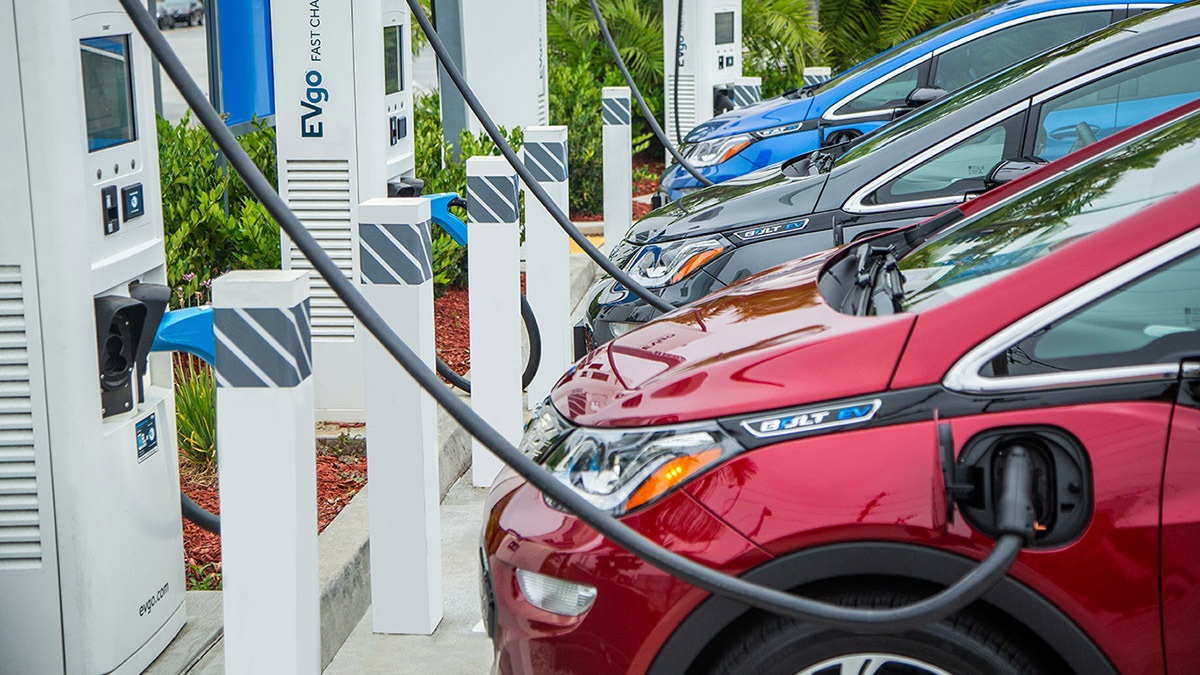India & World UpdatesHappeningsBreaking News
Government of India sets policy for Electric Vehicle charging stations
Salient features of the revised consolidated Guidelines & Standards for charging infrastructure issued by Ministry of Power

Feb. 10: Ministry of Power issued the revised consolidated Guidelines & Standards for charging infrastructure on 14 January, 2022. The salient features as stipulated in the guidelines and standards are as under:
- Tariff for supply of electricity for Public Charging Station (PCS) shall be a single part tariff and shall not exceed “Average Cost of Supply” till 31st March, 2025.
- DISCOMs may leverage on funding from the Revamped Distribution Sector Scheme (RDSS) under ‘Part A – Distribution Infrastructure’ for the general upstream network augmentation necessitated due to the upcoming charging infrastructure in various areas. The cost of such works carried out by the DISCOMs with the financial assistance from Government of India under Revamped Scheme shall not be charged from the consumers for Public Charging Stations for EVs.
- Housing Societies, Malls, Office Complexes, Restaurants, Hotels, etc. are allowed to install PCS for charging of vehicles including charging of visitor’s vehicles permitted to come in its premises.
- Charging stations meant for 100% in-house/captive utilization are free to choose charging specifications as per requirement.
- DISCOMs have been directed to provide electricity connection to PCS in accordance with the timelines specified in the “Electricity (Rights of Consumers) Rules 2020”.
- The connection for a PCS shall be provided within 7 days in metro cities, 15 days in other municipal areas and 30 days in rural areas. Appropriate Commission may specify a lesser time limit than the aforementioned limit.
- Any PCS/ chain of charging station may also obtain electricity from any generation company through open access. Open access shall be provided within 15 days for this purpose. Only cross subsidy charges (not more than 20% as per Tariff Policy Guidelines), transmission charges and wheeling charges shall be applicable.
- Guidelines also include the details of requirements of Public Charging Infrastructure (PCI), PCI for long range EVs and/or heavy duty EVs, Location of PCS, Database of Public EV charging stations, Tariff for supply of electricity to EV PCS and service charge at PCS.
- Due to high cost of rent for land and charges provision of land at promotional rates for PCS have been provided in the Guidelines. Land available with Government/Public entities shall be provided to Government/ Public entity on a revenue sharing basis at a fixed rate of Re.1/kWh (used for charging) to be paid to the land owning agency, initially for a period of 10 years.
 The Charging Stations take connection from DISCOMs which in turn take the supply of electricity from the Grid. The power is supplied to grid from both Non-Renewable and Renewable Sources. This information was given by Shri R.K Singh Union Minister for Power and MNRE in a written reply in Lok Sabha today.
The Charging Stations take connection from DISCOMs which in turn take the supply of electricity from the Grid. The power is supplied to grid from both Non-Renewable and Renewable Sources. This information was given by Shri R.K Singh Union Minister for Power and MNRE in a written reply in Lok Sabha today.





